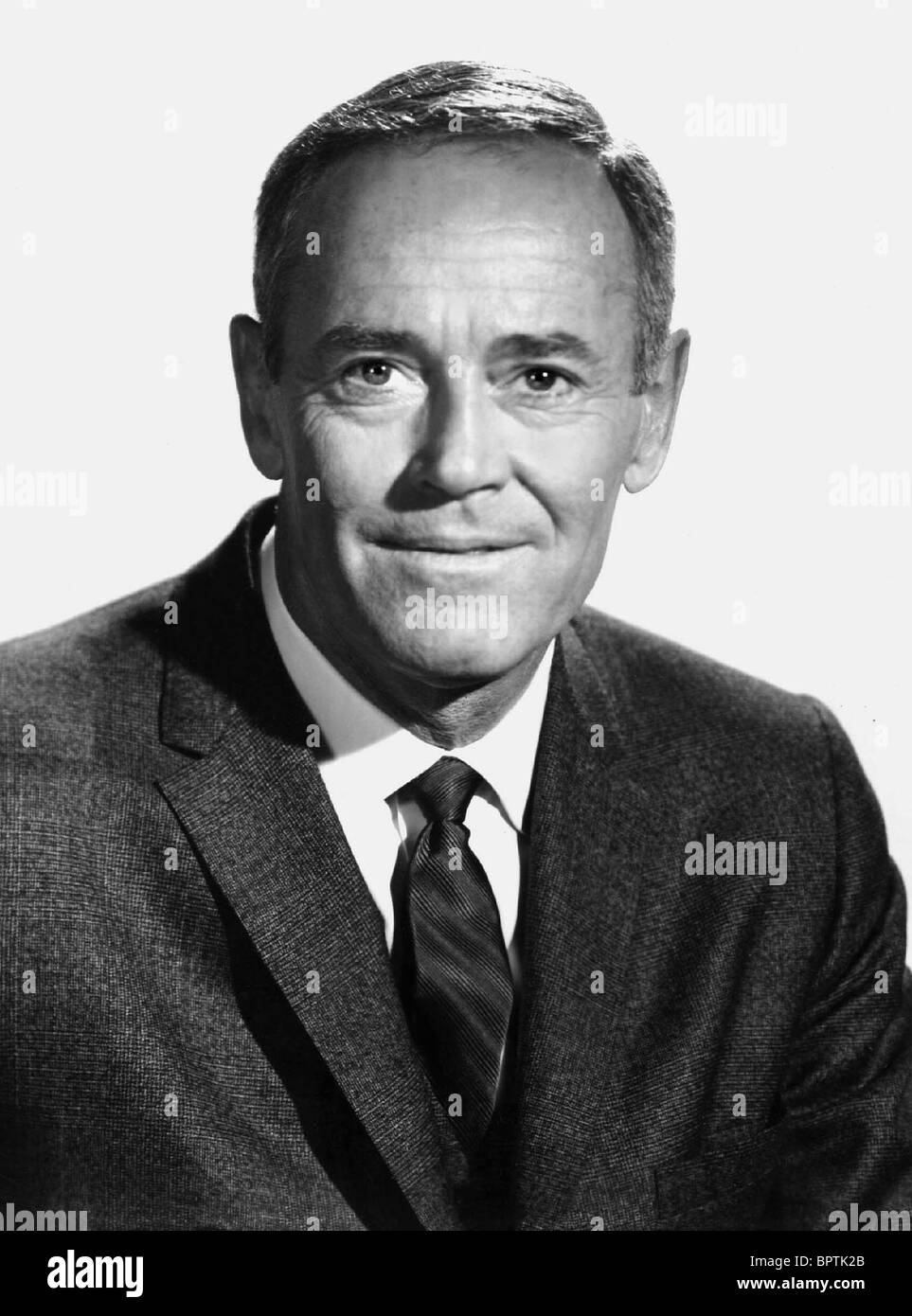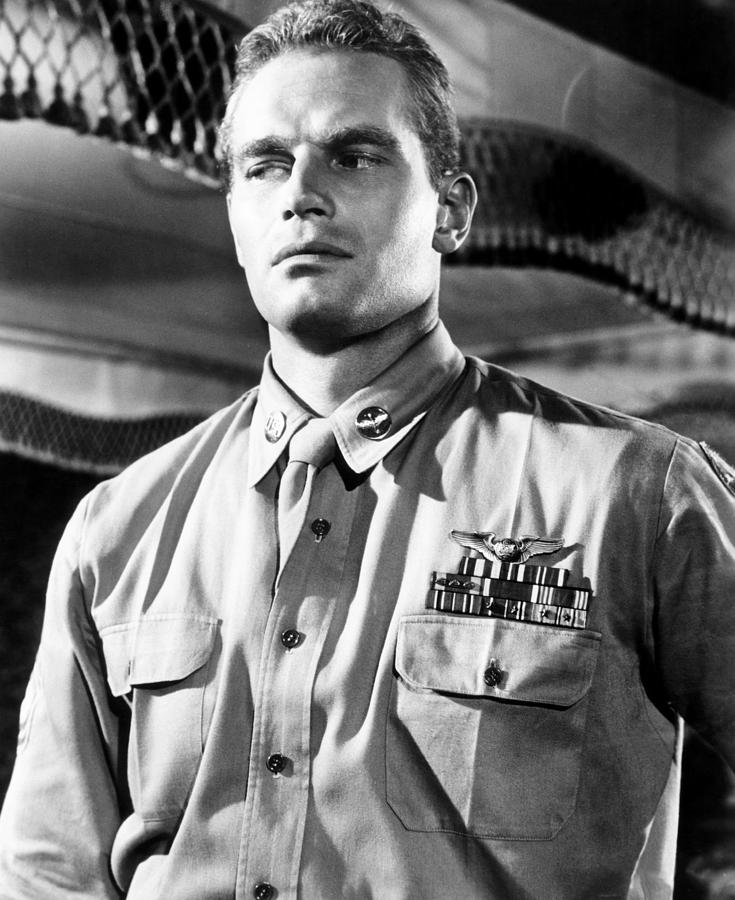Confederate States Army Commanders (The Great War)
As you good readers will have noticed by now, I have an almighty aversion to letting characters named but not really described (amongst others) go undeveloped upon; I have therefore taken up the challenge looking up the characters listed in a somewhat-older article in this thread and attempting to fit them into the Confederate War Effort during the 1914-1917 Conflict.
Please pardon the somewhat sketchy and incomplete quality of this write-up.
https://www.alternatehistory.com/discussion/showpost.php?p=4605143&postcount=388
GENERAL STAFF
Chief of Staff (Clifton Rodes Breckinridge): Appointed to be the guiding genius of the Confederate Army as much for his family connections as for his own competences (his father had been a pivotal figure in the claiming of Kentucky and might have been the second President of the Confederate states but for lingering grudges on the part of Braxton Bragg and his own 'excessively conciliatory' attitudes toward the US not come into play), CR Breckinridge nevertheless proved in the course of the Great War that his appointment cannot be dismissed as mere nepotism to the detriment of the Confederate States.
Not one of History's great captains, as Chief of Staff Breckinridge did not need to be - his diplomatic abilities and staunch political courage proved far more valuable as he navigated the prickly thicket of State's Rights and clashing demands from his generals (men of high temper, power and influence in their own right) in the interests of maintaining a coherent National War effort.
His success may be measured in the continuing coherence of the Confederate War Effort amongst the several states and his own subordinate commanders to the bitter end of the War Effort; as far too many examples from the War of Secession itself go to show, this co-operation could not be taken for granted in the slightest even in victory - to maintain it in the face of inexorable defeat is a minor miracle.
Increasingly convinced that the Confederate States simply could not win the long war that continued to encroach upon them, Breckinridge nevertheless put aside his own doubts - tending towards despair after the loss of his family's Home State and the ensuing implosion of his own brother - to doggedly persist in his efforts to ensure that the Confederacy might make something as close to a White Peace as possible.
It was a failed attempt, but not a contemptible one.
Deputy Chief of Staff (Robert Lee Bullard -
followed by JEB Stuart Junior): Inclined as he was to the 'Louisville' school of philosophy the Confederate Chief of Staff was too seasoned a political actor to entirely reject the 'Fire Eaters' of whom Robert Lee Bullard was to be the most influential - an administrator of merit and a man with a certain gift for diplomacy in his own right, Bullard was also a man who had badgered his own parents into renaming him for the Great Lee and whose spirited patriotism was only barely eroded by his spell as Breckinridge's deputy during the Great War (winning the nickname 'Counter Attack' Bullard for his determination to deny the Yankees tenure in their gains).
Unfortunately his record of complete co-operation with Chief of Staff Breckinridge foundered on the latter's determination to put the Confederate Coloured population into the battle line to help prop up the nation's faltering reserves of manpower - Bullard, incredulous, obstinately refused to believe that Coloureds were fit to fight even after the Red Rebellion and proved obstructive.
He was quietly removed from his position, replaced by JEB Stuart Junior and granted a field command by way of compensation (a prospect which he found agreeable), eventually assigned to govern occupied Haiti by virtue of his fluent command of French - he found the experience an education, to say the least.
Adjutant General (JEB Stuart Junior -
followed by Wade Hampton V): A gentleman and an officer more diligent than gallant, General Stuart was appointed to the office of Adjutant General when it was realised that while in possession of a brave man's courage, he lacked the fundamental ruthlessness to make it as a field commander (it was his own powerful sentimentality that blinded him to the disloyalty of the negro Pompey and fuelled a personal grudge against the exemplary Sergeant Featherston which would cost the Confederacy dear, all for the sake of his son).
Promoted to Deputy Chief of Staff for his willingness to accept Coloured Soldiers into the service as something more than pioneers (wags have claimed that Pompey had been trained up as a living example of a negro's ability to surpass a white officer in the conduct of his duty, but was held back because the white man in this instance was JEB Stuart the Third), General Stuart would become the backbone and the beating heart of the Confederate Army between the Wars - and a stalwart pillar of the Confederate State.
His reward for that utter loyalty (bred in part of the very sort of sentimental attachment that had cost the Confederacy so dear) and the recreation of the Confederate Army as a superb instrument of mobile warfare was death by Snakebite.
ARMY OF NORTHERN VIRGINIA
General Commanding (Wade Hampton V -
followed by Joseph Hardee -
followed by Charles Summerall)
The 'Glory Boys' of the Confederate Army in the War of Secession, following the Army of Kentucky's triumph in the Second Mexican War the Army of Northern Virginia had been given cause to look to their laurels - under the leadership of that able, unsympathetic and ambitious commander General
Wade Hampton V those laurels would be burnished to a new lustre in the course of the Big Wheel (no Confederate formation took more enemy soil or held it for longer during the Great War), the fortuitous product of good fortune, spirited troops, acute focus of resources and razor-keen opportunism that carried this Army to the gates of Baltimore and to Philadelphia's moat the River Susquehanna.
As General Hampton was swift to realise it was a fine advance but impossible to go further, quite possibly unaffordable in terms of casualties and certainly unsustainable from the Confederacy's considerable yet dwindling resources of War Material; tactfully manoeuvred out of his position when his contribution to the War became more political than was strictly desirable he was promoted to the position of Adjutant General on the understanding that his services were too useful to lose, but that his increasing focus on the political would more easily be coped with in Richmond than on the Battlefront.
His replacement General
Joseph 'By the Book' Hardee was to prove himself as robustly consistent and useful a commanding officer as one would expect from a grandson of 'Old Reliable' but lacked Hampton's good luck (not to mention the latter's intelligent but excessive aggression); he was killed in action while making a visit to the front lines (and not the only general of the Great War who might have done better to stick to the Chateau).
While his retraining and refit of the Army of Northern Virginia as a fundamentally defensive force indisputably saved lives on a tactical basis and brought precious time on a strategic level, his legacy remains a matter of some dispute given the brevity of his tenure in Command.
The last man to command the Army of Northern Virginia was General
Charles P. Summerall, a man who had pulled himself out of an impoverished background, then into the rank of Officer and Gentleman with the help of the Confederate States Artillery, an officer who proved himself one of the outstanding figures of the Confederate War Effort and an indispensable subordinate to those commanders of the ANV who proceeded him - the 'War Horse' of Wade Hampton (for all that most compared him to Stonewall Jackson, given his relatively modest background and sometime career as a teacher) and a larger than life figure to the men in his command. He was, unsurprisingly, the great hero and role-model of Jake Featherston's years as a soldier, the epitome of the ruthless and inspiring military leader.
He would retire to teach at the Citadel in South Carolina (his beloved Alma Mater) and disdained to vote for the Freedom Party; the fact that he had been an inspiration for the youthful Featherston would haunt him till his dying day.




